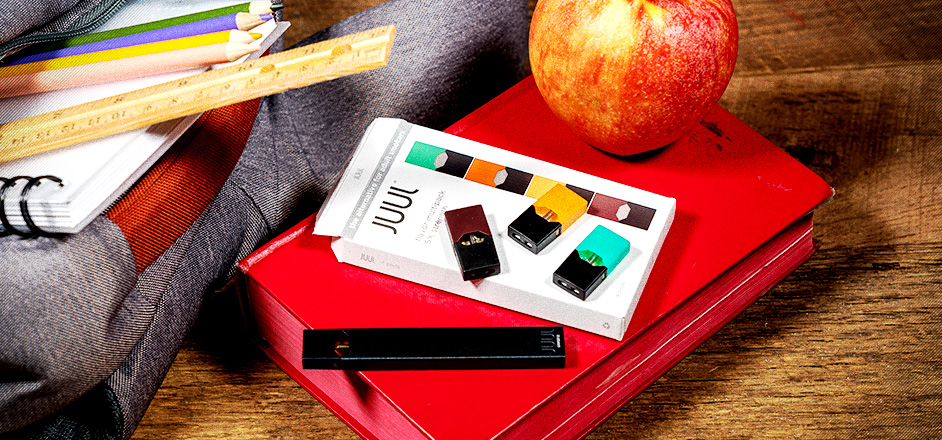School students who inform on classmates who use Juul could get paid for their tip, if the Juuler gets in trouble.
Juuling is vaped nicotine; it's so popular some school bathrooms are so thick with vapor they're called Juul rooms. Juuling is illegal for kids under 18, making it technically a crime for most school kids.
Now, a school program called Crimestoppers is willing to pay kids for anonymously reporting on their Juuling classmates.
"If a caller wanted to report on high schoolers who are Juuling, we'd need their names, physical description, where they're known to do it," a woman who answered the phone at the Northern Colorado Crime Stoppers told Rooster.
Money is on the line here.
"If (a student is) reporting someone who's involved in Juuling, and it leads to a successful tip" — the police or principal finds the Juulers, say — "You do get compensated," Crime Stoppers said.
How much? "Maybe he'll get 20, 40, 100 bucks."
The money is distributed anonymously, using a secret pass number. The classmates will never know who told on them.

Crime Stoppers started in 1976, as a way to pay informants with knowledge of murders or drug trafficking. Crime Stoppers in the schools started in Boulder, Colorado in 1983. Now, over 2,000 middle schools, high schools and colleges across the country have the program.
Many of the other 2,000 schools who use the Crime Stoppers program would be willing to pay for tips on Juulers. A high school student in Florida told Rooster that his school, Viera HIgh School, near Orlando, is willing to pay $20 for information on Juulers.
The student, who didn't want his name used, said the program stirred up a debate about whether to tell the authorities about something that's so common. It seemed like snitching. Then again, he said, twenty bucks is twenty bucks.
The Crime Stoppers in the schools program has been controversial since it started. Advocates say it reduces crime by giving kids an outlet to stop crime before it happens, or punish wrongdoers. Others say it erodes trust among students, turning a community into a mini police state.
There's no information on how many kids have used the program to inform on fellow students who are Juulers.
A lot of people say the Juul company lured kids into using their product by making them candy-flavored and discrete. The government is investigating.




Leave a Reply